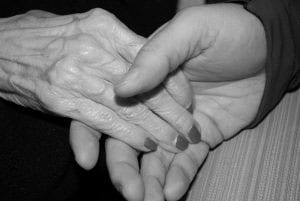Have you ever thought about walking to raise funds and awareness? Well, at the Twin Cities Team Hope Walk, you can do just that! According to Kare11, this event will work to raise Huntington’s disease (HD) awareness, while also fundraising for the Huntington’s Disease Society of America (HDSA).
The Team Hope Walk will kick-off on Saturday, July 23rd, at 10:00 AM CST. During the day, the Youth-Fun Run for children aged 12 or younger will take place at 10:30 AM. The walk will take place at 11:00 AM with an award ceremony to follow at 12:00 PM. The event will take place at Hyland Park, in the Edgewood Picnic Area, in Bloomington, MN. If you’d like more information regarding the walk, you may contact Kacey Anderson at [email protected].
Ultimately, the goal of the event is to raise funds, spur Huntington’s disease clinical research, and support families within the HD community. To those within the Twin Cities area and beyond, this event is important; it helps to unify the community.
If you’d like to donate to the Team Hope Walk, register, or just simply learn more about the HDSA, you may do so here.
About Huntington’s Disease (HD)
Also called Huntington’s chorea, Huntington’s disease (HD) is a progressive neurological disorder which causes the degeneration of nerve cells in the brain. HTT gene mutations cause Huntington’s disease. Normally, this gene encodes for the production of huntingtin, a protein which scientists hypothesize plays a role in neuronal health. The gene mutations causes an abnormally long, toxic huntingtin chain. As this chain breaks apart, it binds to neurons and causes neuronal death. Patients with HD may experience sudden and startling transformations. Those with HD typically live for 15-20 years following diagnosis in the adult-onset form, or 10-15 years in the juvenile form. Symptoms can include:
- Difficulty concentrating, forgetfulness, and problems retaining or learning new information
- Poor decision-making
- Changes in mood, behavior, and personality
- Depression and/or irritability
- Chorea (an uncontrolled jerking or twitching motion)
- Difficulty speaking or swallowing
- Problems with balance, walking, and coordination
- Involuntary body and head movements







